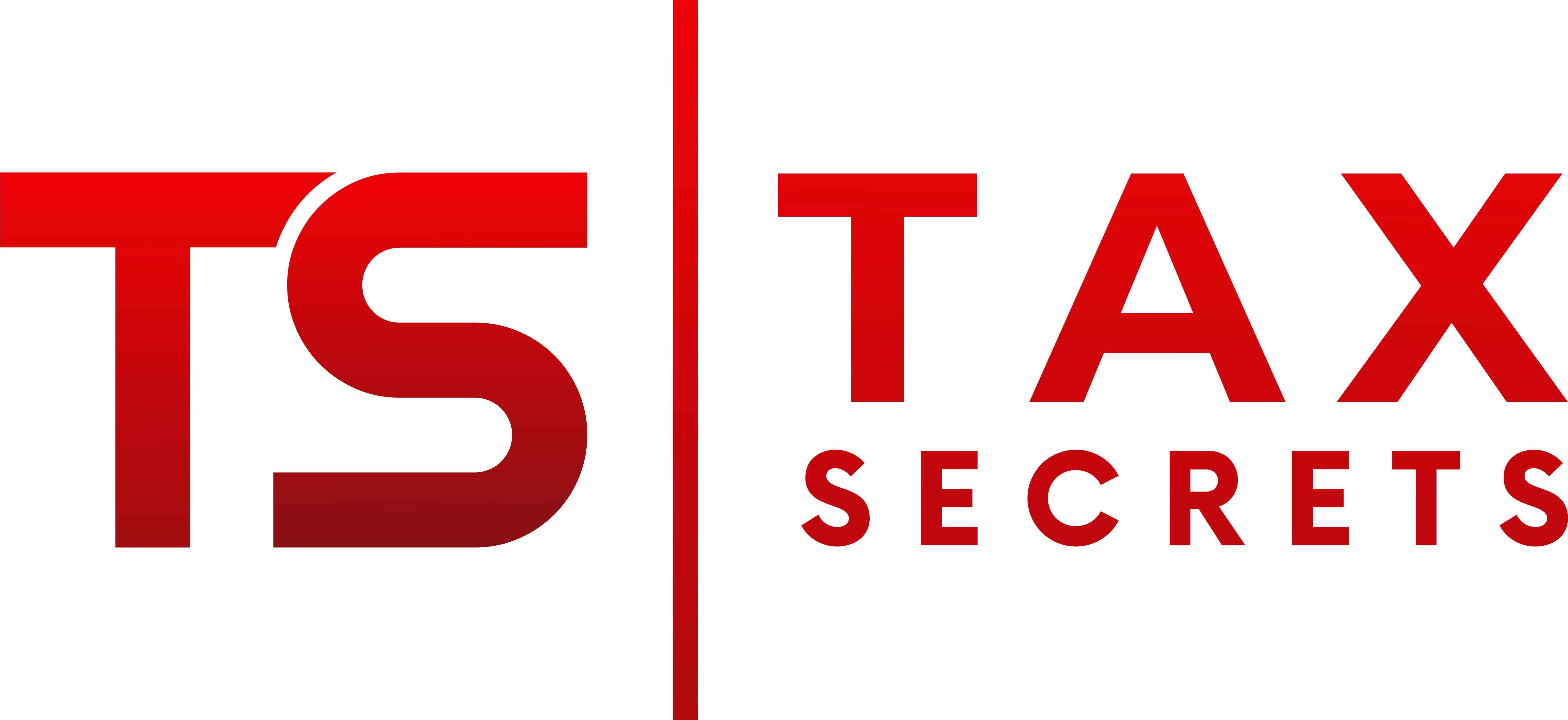Startup Interest Rates: Navigating the Impact of Federal Reserve Hikes
The Federal Reserve last decided to raise interest rates in July 2023, bringing the benchmark federal funds rate to a target range between 5.25% and 5.5% – though it is worth noting that the Fed has kept interest rates stagnant during its last three meetings, most recently in September 2023.
At all times, interest rates can have major implications for entrepreneurs and startups. While startups may not immediately feel the impact of the Fed’s rate hikes, there are several key issues to keep in mind if you run a business.
1. Fixed vs. Variable Rate Loans:
For startups with fixed-rate loans, Federal Reserve rate hikes do not lead to an immediate change in their interest expenses or monthly payments. This stability can provide a sense of security, allowing these businesses to focus on growth and development.
In contrast, those with variable rate loans may experience sudden increases in their interest costs and monthly payments. As variable rates adjust to reflect the Federal Reserve’s actions at various times, startup founds cannot disregard the importance of financial planning and budgeting. Anurag Agarwal, a financial analyst, advises, “Variable rate loan holders should revisit their financial forecasts regularly and make necessary adjustments to accommodate the rising interest expenses.”
2. Increasing Interest Expenses:
As the Federal Reserve raises rates, startup interest expenses will also climb. These expenses are typically calculated based on the average outstanding monthly principal balance of the loan. To offset the impact of higher interest costs, startups should ensure their financial margins can support these increased costs. This may mean making cutbacks in other areas, depending on a business owner’s financial situation.
Startup Nation advises business owners to consider potential interest expense increases sooner rather than later. Making small changes now could prevent you from experiencing much more significant financial challenges down the road.
3. Impact on Cash Flow:
For startups, maintaining healthy cash flow is essential. Any changes in interest rates can impact daily cash flow significantly. With higher interest rates, monthly loan payments will rise, which can require more stringent fiscal management on a day-to-day basis.
Entrepreneur Sarah Martinez shares her experience: “As a startup founder, I’ve learned that cash flow is king. The impact of rising interest rates on cash flow can’t be underestimated. Startups should have contingency plans in place to address these changes.”
4. Exploring Alternative Financing:
In light of the potential challenges posed by Federal Reserve rate hikes, startups are encouraged to explore alternative financing options. These alternatives do not rely on traditional loans affected by Federal Reserve actions. Invoice factoring, business lines of credit, and credit lines from banks and credit unions can sometimes provide flexibility and financial support without the burden of increased interest expenses.
5. Potential Easing of Qualification Requirements:
Rising Federal Reserve interest rates may prompt traditional lenders to loosen their qualification requirements for small business loans. This can increase competition among lenders, potentially benefiting startups seeking financing.
It is worth noting that the Federal Reserve is optimistic about long-term stability for business owners and individuals.
In July of this year, Fed chairman Jerome Powell told the AP, “My base case is that we will be able to achieve inflation moving back down to our target without the kind of really significant downturn that results in high levels of job losses, We do have a shot at a soft landing.”
6. Act Sooner Rather Than Later:
Given the uncertainty surrounding future interest rate hikes, startups should consider applying for business loans sooner rather than later. Recommendations include maintaining healthy margins, securing enough working capital, negotiating for longer loan terms, and exploring fixed-rate or rate-ceiling options. By taking proactive steps now, startup owners can position themselves favorably in an ever-evolving economic and political landscape.
While startups may not face an immediate impact from Federal Reserve rate hikes, understanding the potential consequences is crucial for long-term success. Startups should remain adaptable, consider alternative financing solutions, and closely monitor consumer spending patterns to navigate changing economic conditions effectively.

